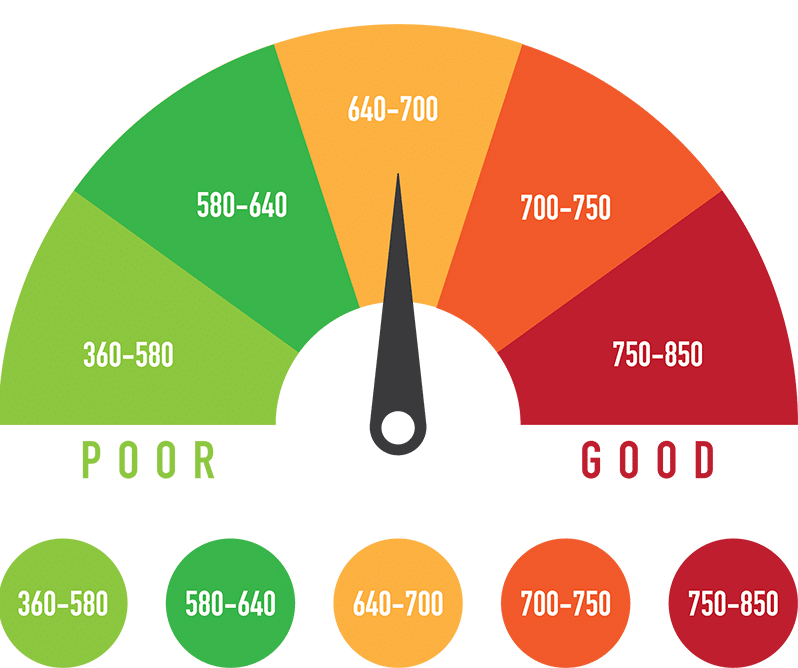 Most people shy away from purchasing a home because of the down payment, a sizable amount that has to be paid upfront. Typically Lenders requires you to pay a down payment of between 10% and 20% of the home’s purchase price. The down payment can also be as little as 3.5% with an FHA loan, but the program can be restrictive due to limits set on the principal amount.
Most people shy away from purchasing a home because of the down payment, a sizable amount that has to be paid upfront. Typically Lenders requires you to pay a down payment of between 10% and 20% of the home’s purchase price. The down payment can also be as little as 3.5% with an FHA loan, but the program can be restrictive due to limits set on the principal amount.
Ideally, you should aim for a 20% down payment so as to avoid paying extra for Premium Mortgage Insurance, which is an extra payment of about 0.3% to 1.5% of the original loan.
The bottom line is you need to save for the down payment (no matter the percentage). So how do you go about it? Here are some tips and tricks to save for a mortgage down payment.
- Do your Research and Set a Goal
Start by figuring out how much your future home will cost. This will help you in getting an estimate of the down payment that you are to save for. A mortgage preapproval from a lender can come in handy. You can also find out the median house prices in your county or state. For example, if you are going for a $200,000 loan at 10% down payment, your goal will be to save $20,000 for the down payment.
- Adopt a Backward Budget
A tried and tested way of sticking to a savings plan is by adopting a backward budget. Decide on the amount you want to save per month and put it in a savings account. This ensures that you only spend the portion of your pay that is left after savings.
Expert tip: A stellar idea would be to place a standing order/instruction with your bank; a specific amount is deducted from your pay and sent to your savings account, every month without fail.
- Cut Back on Expenses
Saving meaningfully requires you to give up on some luxuries. You may start by finding cheaper ways of reducing every day expenses. Here are some great tips;
- Instead of buying books whether online or from a bookshop, borrow from the library free of charge or at a small fee.
- Scale down on your hobbies by adopting activities that cost less e.g. you can replace sky diving with a swim at the beach.
- If you can, try and use public transport as much as possible. Saving on gas, car park fees, insurance and maintenance will free up much of your income.
- Stick with your current wardrobe and if you must buy clothes look for sales. Buying clothes during off season will also save you some cash.
- Eat at home instead of going out and carry packed lunch to work instead of eating at restaurants. There is a huge gap between the price of cooking at home and dining out, meaning you will save a lot and probably sharpen your cooking skills as well.
- Do you go out for movies? Why not subscribe to online streaming services that are free or comparably cheaper than movie theatre tickets?
- Do away with cable and save money by subscribing to streaming TV packages. There are some cheap services that can save you over $500 per year.
- Review your phone bill. Do away with phone services that you do not require or opt for cheaper cell phone plans.
- Stay healthy and quit drinking and smoking. Whether you drink out or keep a couple of beers at home, your habit could be eating on your savings. Same goes for cigarettes. While you are at it exercise more to save on healthcare costs.
- Watch your Credit
You can save a lot by being aware of how your credit habits affect your finances. Did you know that some accounts charge a fee for negative balances? These are fees that will accumulate every time you make a transaction on an overdrawn account.
How good are you at clearing your credit card debts? Unpaid credit card balances attract huge penalties that could pile up; you end up paying more for charges instead of your balance.
Do you really need to use credit cards? If you don’t, then stick to debit cards or cash. This way you won’t spend more than you have; if you must use credit cards then go for as few as possible and shop for those with best rates.
The Bottom Line
Saving for a mortgage down payment requires iron-clad dedication. Once you set your goal, re-evaluate your spending and find out what aspects of your expenditure you can do without. Also, adopt healthier ways of clearing debts to avoid paying penalties on late payments. You can also consider putting more overtime or getting a second job for some extra pay.
Need assistance getting approved for a mortgage? Contact Credit Absolute today for a free credit consultation.




